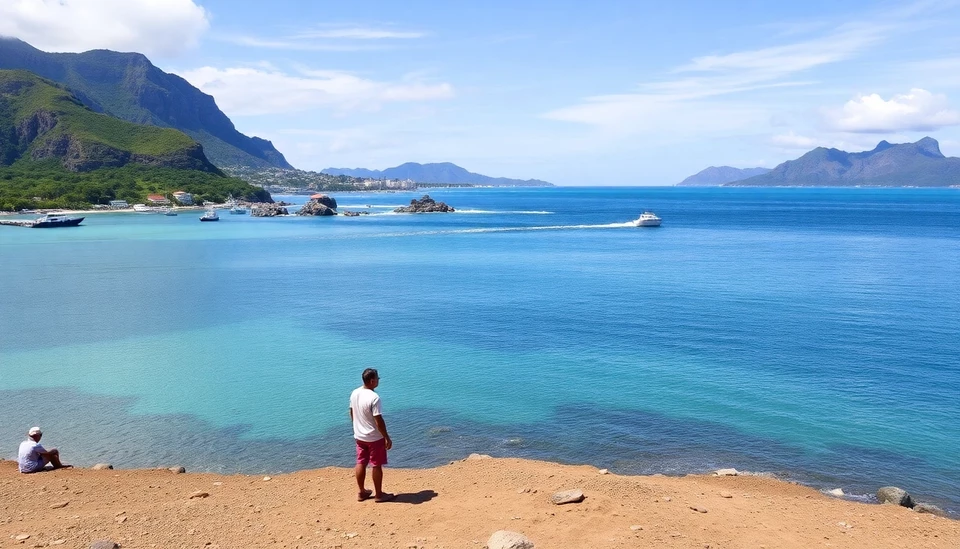
In a striking response to the ongoing threat of climate change, an island nation grappling with the dire consequences of rising sea levels has begun selling passports as a means of funding its adaptive measures. This unique approach aims not only to bolster its economy but also to secure the future of its citizens against the backdrop of an increasingly uncertain environmental landscape.
The nation, which is situated in the Pacific Ocean, has been facing severe flooding incidents that endanger its very existence. As climate change continues to cause havoc worldwide, low-lying countries like this have become some of the first to experience its brutal effects. In response, the government has rolled out a controversial initiative allowing foreign nationals to purchase citizenship, hence gaining access to the country’s passport.
For the island nation, selling passports represents a desperate yet strategic effort to generate the funds necessary for constructing critical infrastructure designed to combat flooding. These investments include building sea walls, developing storm drainage systems, and investing in renewable energy sources to reduce dependence on fossil fuels. As many other nations grapple with similar climate issues, this approach might present an intriguing model for adaptation and resilience.
The proposal has sparked a debate about the ethics of selling citizenship. Proponents argue that the influx of funds is essential for survival in a changing environment where traditional means of income generation, such as agriculture and tourism, are threatened. On the other hand, critics maintain that such measures could undermine national identity and dilute the value of citizenship.
As the catastrophic impact of climate change grows increasingly evident, various island nations are beginning to consider similar measures. With global attention fixed on these vulnerable regions, the growing trend of granting citizenship in exchange for financial contributions could become a widely discussed topic among nations struggling with rising sea levels and extreme weather conditions. Experts predict such initiatives will likely rise in popularity among countries similar to this island nation as they attempt to safeguard their futures.
Moreover, the economic dynamics surrounding passport sales reveal a larger narrative concerning the intersection of climate change and migration. The ability to acquire a passport from a stable nation not only entices wealthy individuals seeking greater security but also offers them landing spots in case their home countries become uninhabitable. This phenomenon raises critical questions about global mobility and the responsibilities wealthy nations hold towards those affected by climate change.
In conclusion, as this island nation embarks on its path to resilience through the sale of passports, its journey could shed light on innovative solutions to combat the adverse effects of climate change. While the implications of such strategies remain contested, they underscore the urgent need for action and adaptation in light of our planet’s environmental challenges.
#ClimateChange #Adaptation #IslandNations #EcoInnovation #CitizenshipForSale #SustainableFuture
Author: Megan Clarke




